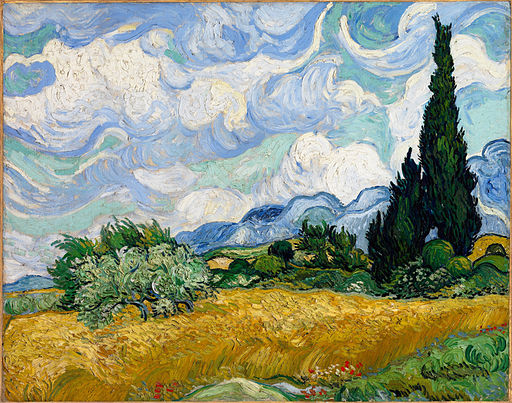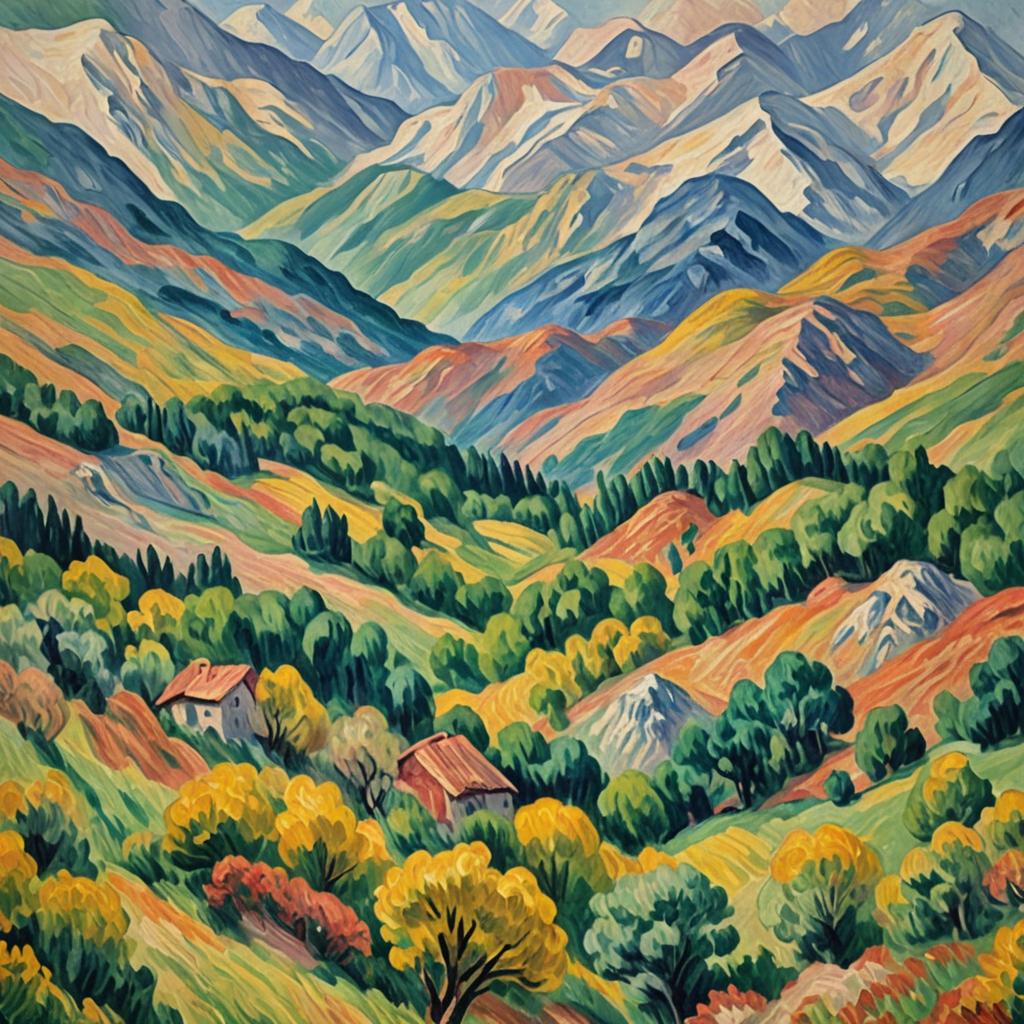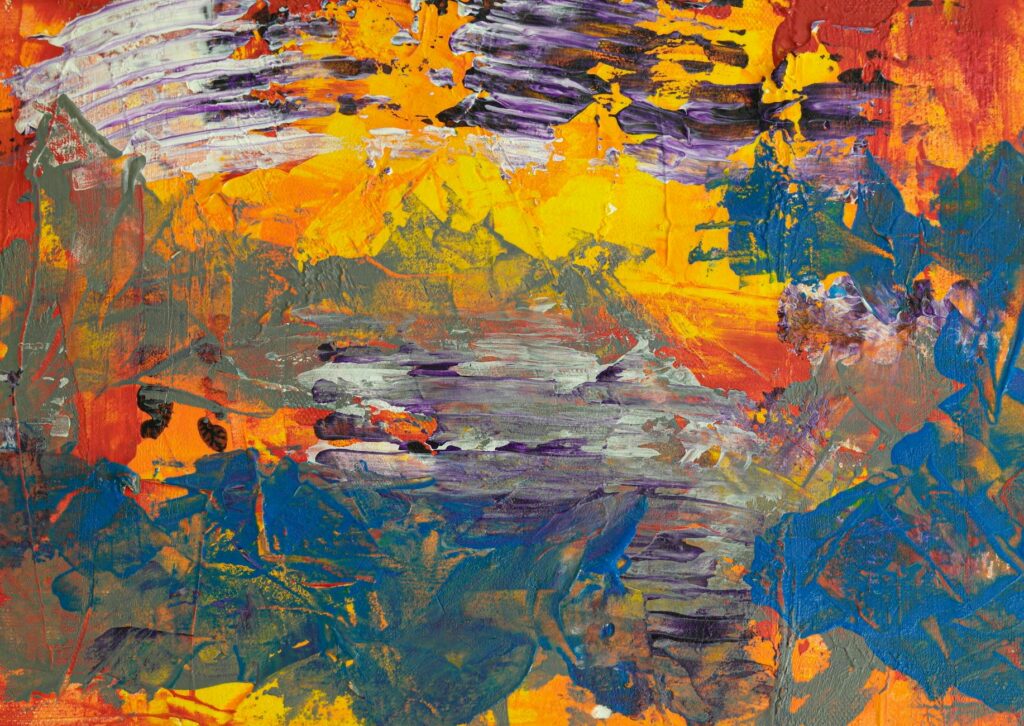The Surprising Freedom of Fewer Colors
Ever felt overwhelmed by the vast array of paints on your shelf? You’re not alone! What if we told you that painting with a limited palette could be the key to unlocking harmony in your artwork? Let’s dive into the world of restrained color choices and discover the beauty of simplicity.
The Why Behind Limited Palettes
- Simplifies Decision-Making: Fewer colors = less overwhelm
- Enhances Cohesion: Limited palettes create a sense of unity
- Challenges Creativity: Grow as an artist by working within constraints
The Magic of Limited Palettes: A Breakdown
| Palette Type | Characteristics | Emotional Conveyance |
|---|---|---|
| Monochromatic | Single color, varying shades | Serenity, focus, and depth |
| Complementary | Two colors, high contrast | Energy, tension, and visual interest |
| Analogous | Three colors, harmonious transition | Smoothness, continuity, and emotional flow |
Tips for Thriving with a Limited Palette
1. Choose Your Colors Wisely
- Select Colors with a Shared Undertone: Ensure harmony from the start
- Consider the 60-30-10 Rule: Balance dominant, secondary, and accent colors
2. Master the Art of Mixing
- Create a Color Wheel for Your Palette: Visualize possible mixes
- Experiment with Ratios and Tints: Discover new hues within your limits
3. Play with Value and Texture
- Value: The Key to Depth and Dimension: Use light and dark to guide the viewer’s eye
- Texture: Adding Emotional Resonance: Incorporate physical or visual texture to engage the viewer
Inspiration from the Masters: Famous Painters Who Thrived with Limited Palettes

| Painter | Notable Works | Characteristic Limited Palette |
|---|---|---|
| Pablo Picasso (Blue Period) | “The Old Guitarist“ | Blues, Grays, and Earth Tones |
| Vincent van Gogh | “Wheat Field with Cypresses” | Earthy Tones, Blues, and Yellows |
| Mark Rothko | “No. 61 (Rust and Blue)” | Bold, Rectangular Color Fields (often 2-3 colors) |
| Andrew Wyeth | “Christina’s World” | Muted Earth Tones, Grays, and Blues |
| Johannes Vermeer | “Girl with a Pearl Earring” | Soft, Gentle Light with a focus on Blues, Yellows, and Earth Tones |
To see how color choices can affect the emotional expression in your artwork, visit our article on Painting Emotions.
Words of Wisdom
“Limitation is the mother of invention.”
– Unknown
For practical examples of using a limited palette in urban sketching, check out our article on Embracing the Beauty of the City
Frequently Asked Questions (FAQs) – You Asked, We Answered!
- Q: Won’t a limited palette make my artwork look boring?
A: Not if you master mixing, value, and texture! - Q: How do I choose the right limited palette for my artwork?
A: Experiment, consider the mood and theme you want to convey. - Q: Can I use a limited palette for any type of artwork?
A: Yes, the key is to ensure the palette aligns with your artistic vision.
- Q: What’s the minimum number of colors for a limited palette?
A: While there’s no strict minimum, 2-5 colors is a common range. - Q: How do I ensure my limited palette doesn’t limit my artistic expression?
A: Focus on mastering color mixing, value, and texture to unlock the palette’s full potential. - Q: Can I use a limited palette for a series of artworks?
A: Yes, consistency can be beneficial, but feel free to adjust the palette as the series progresses.



